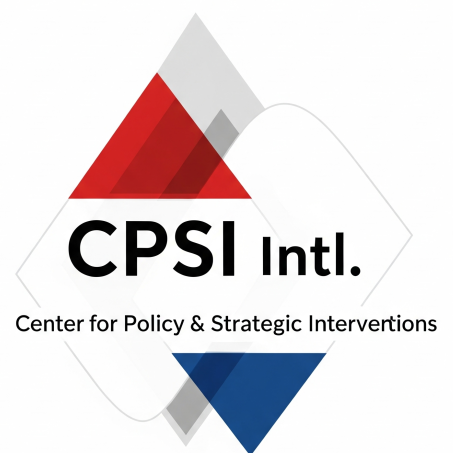Artificial Intelligence (AI) is no longer a futuristic concept; it’s a present reality poised to unleash “havoc”—or “perhaps, a profound transformation—across numerous professions. Fields like accounting, media, graphic design, IT, and programming, once thought secure, are now facing significant disruption as AI automates tasks, generates content, and even writes code. The fear of being “left behind” is very real, particularly for young professionals entering the workforce and small and medium-sized enterprises (SMEs) with limited resources.
However, this isn’t solely a narrative of displacement. It’s an urgent call for adaptation and innovation. For young professionals, the key lies in up skilling and reskilling. This means embracing AI literacy, focusing on uniquely human skills like critical thinking, creativity, emotional intelligence, and complex problem-solving that AI cannot replicate. It also means becoming adept at using AI as a powerful co-pilot, enhancing productivity and unlocking new creative possibilities rather than fearing its capabilities.
For SMEs, the challenge is to strategically integrate AI to boost efficiency and competitiveness. This could involve leveraging AI-powered tools for customer service, data analytics, marketing, or even automating routine administrative tasks.
Crucially, new partnerships are vital: collaborations between educational institutions and industries to design future-proof curricula, alliances between large tech firms and SMEs to facilitate AI adoption, and government initiatives to provide training and support for digital transformation.
CPSI International champions these multi-stakeholder partnerships to ensure that the AI revolution leads to inclusive growth, rather than leaving a generation of talent and a vital segment of the economy behind.




